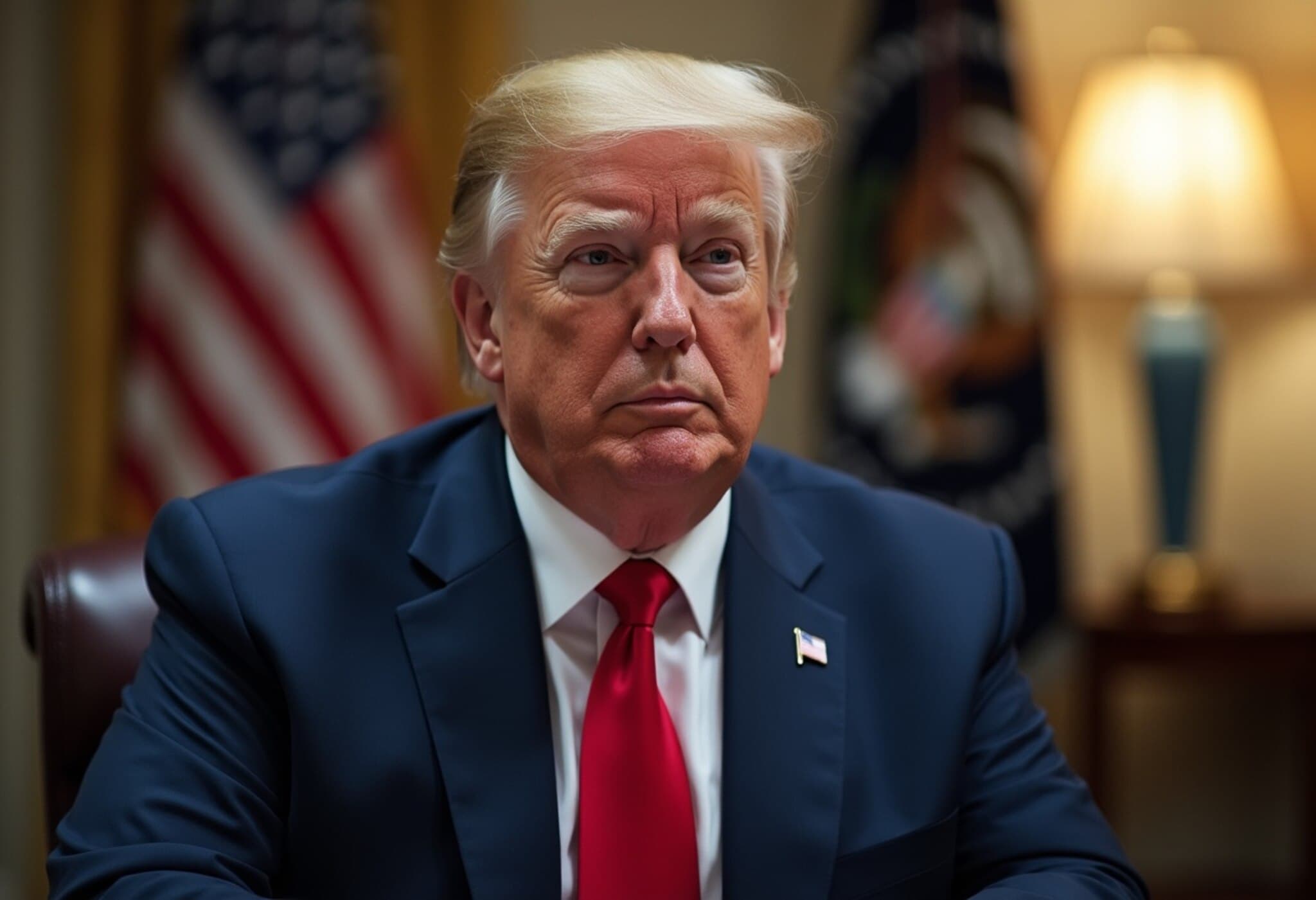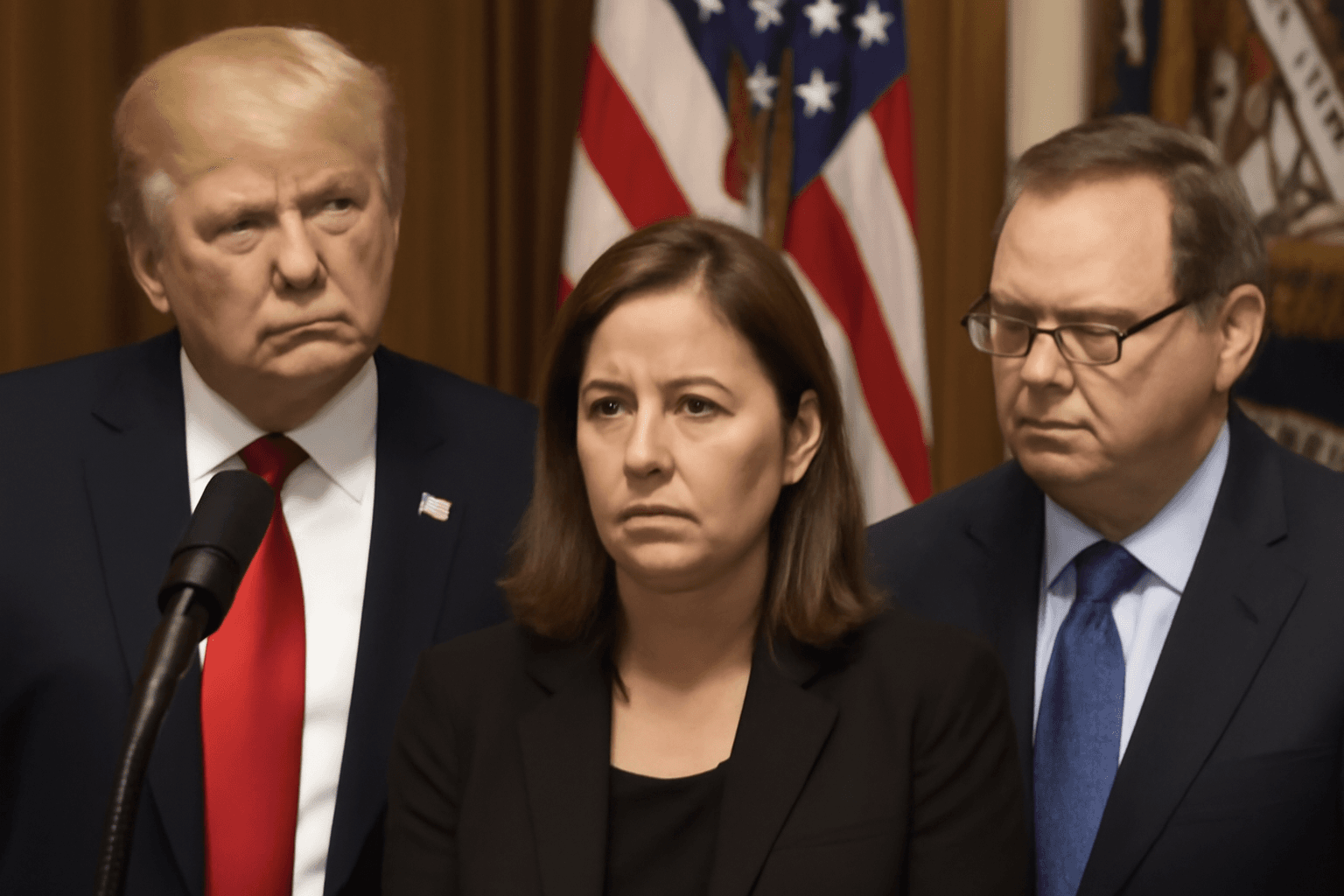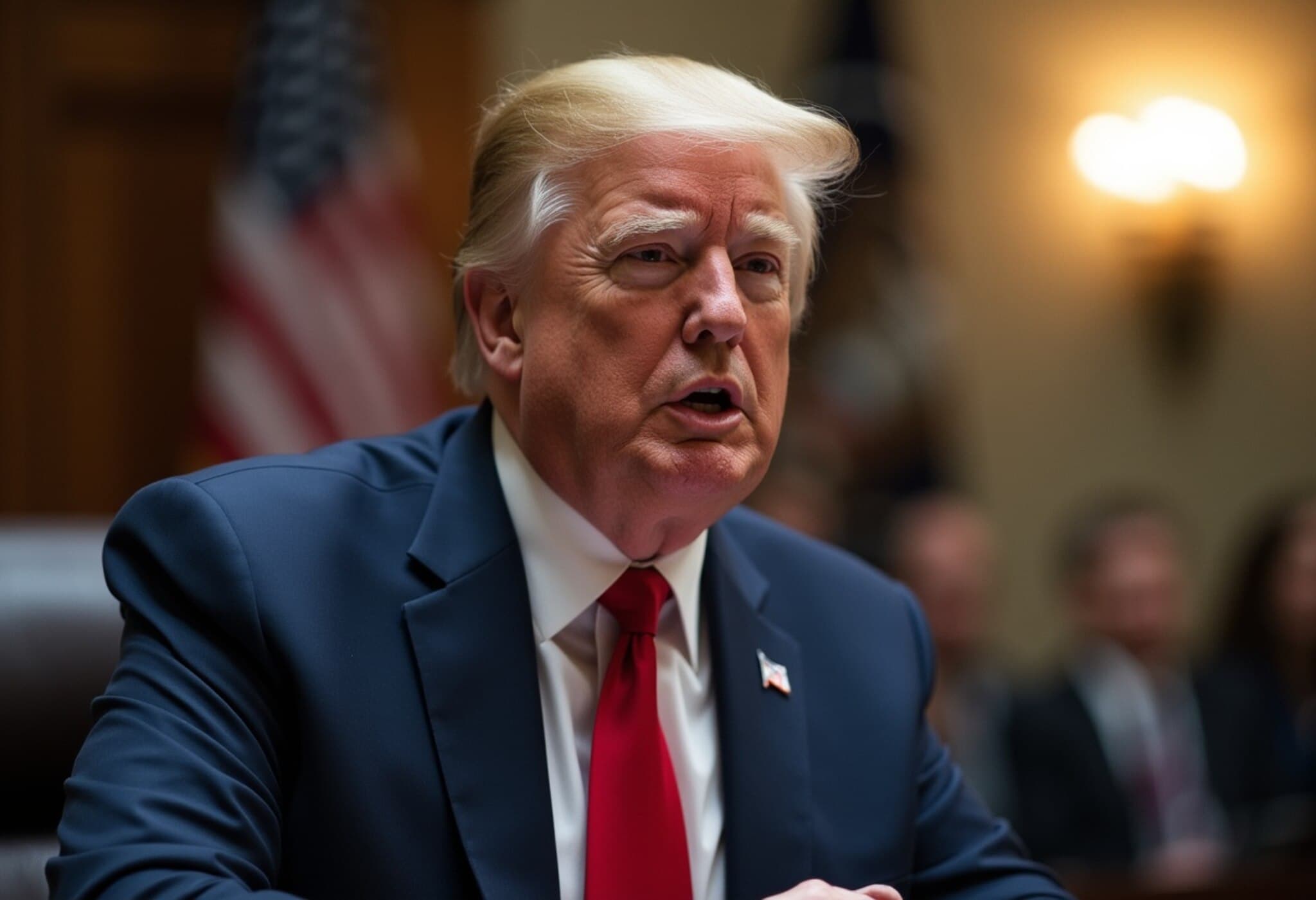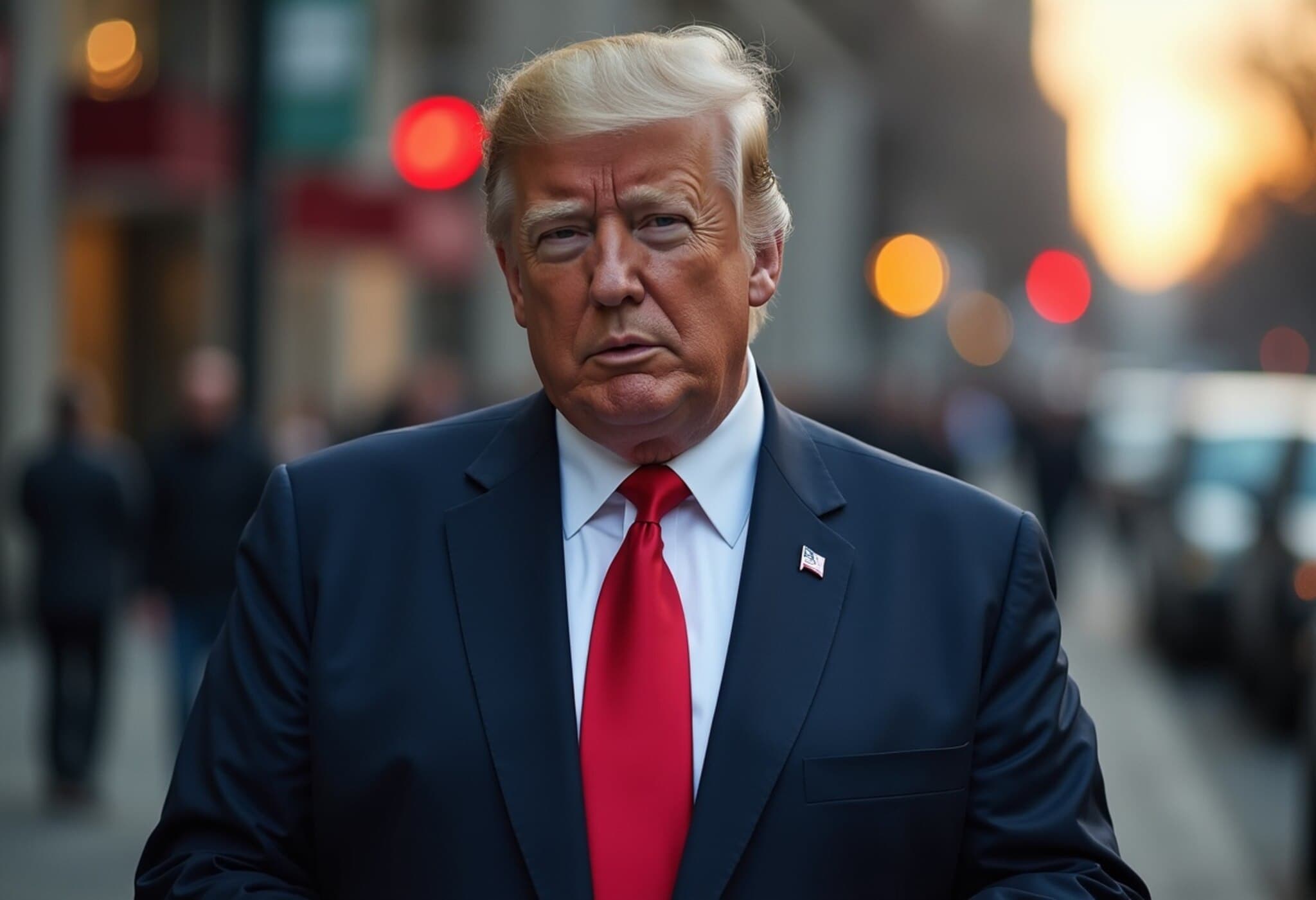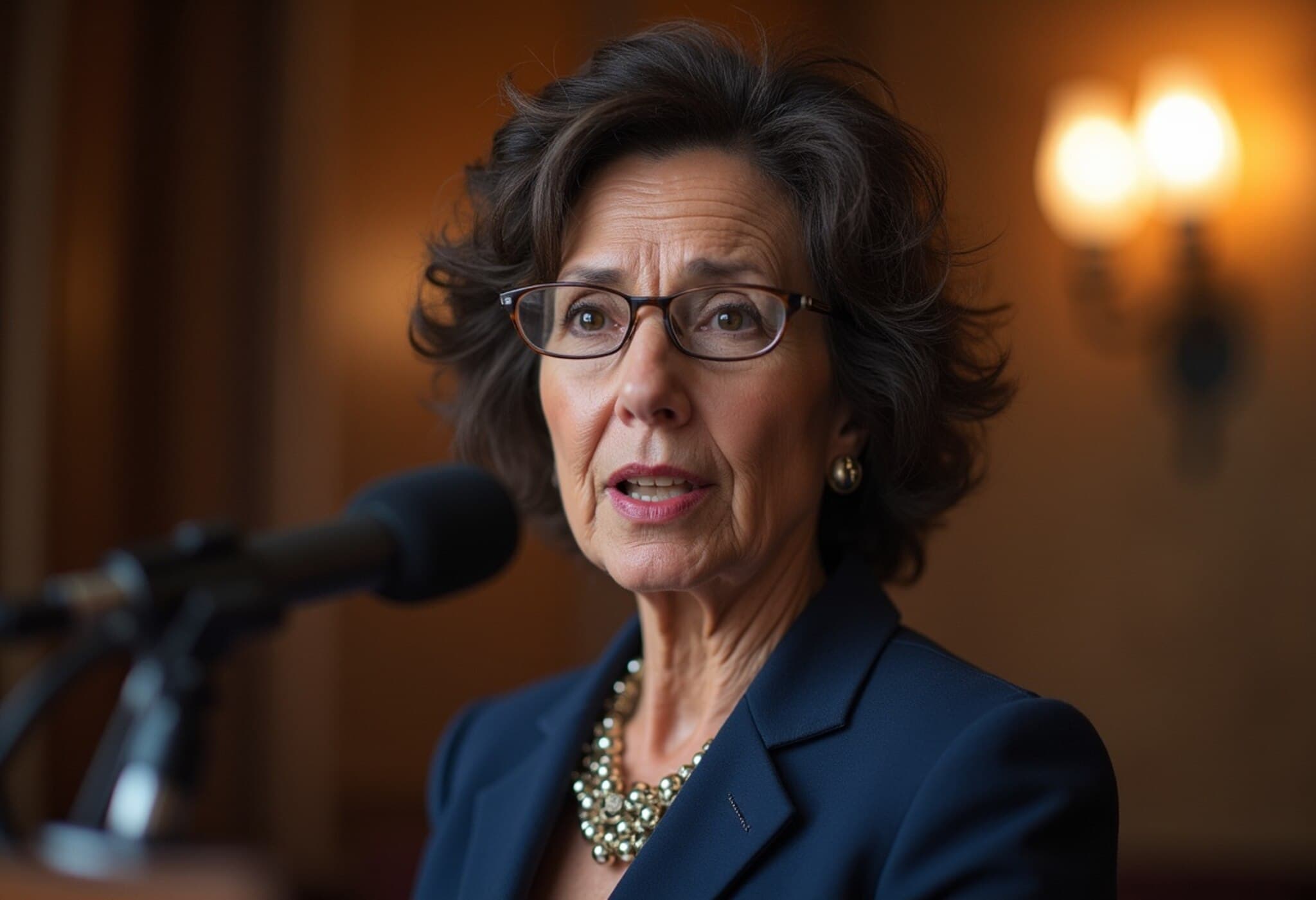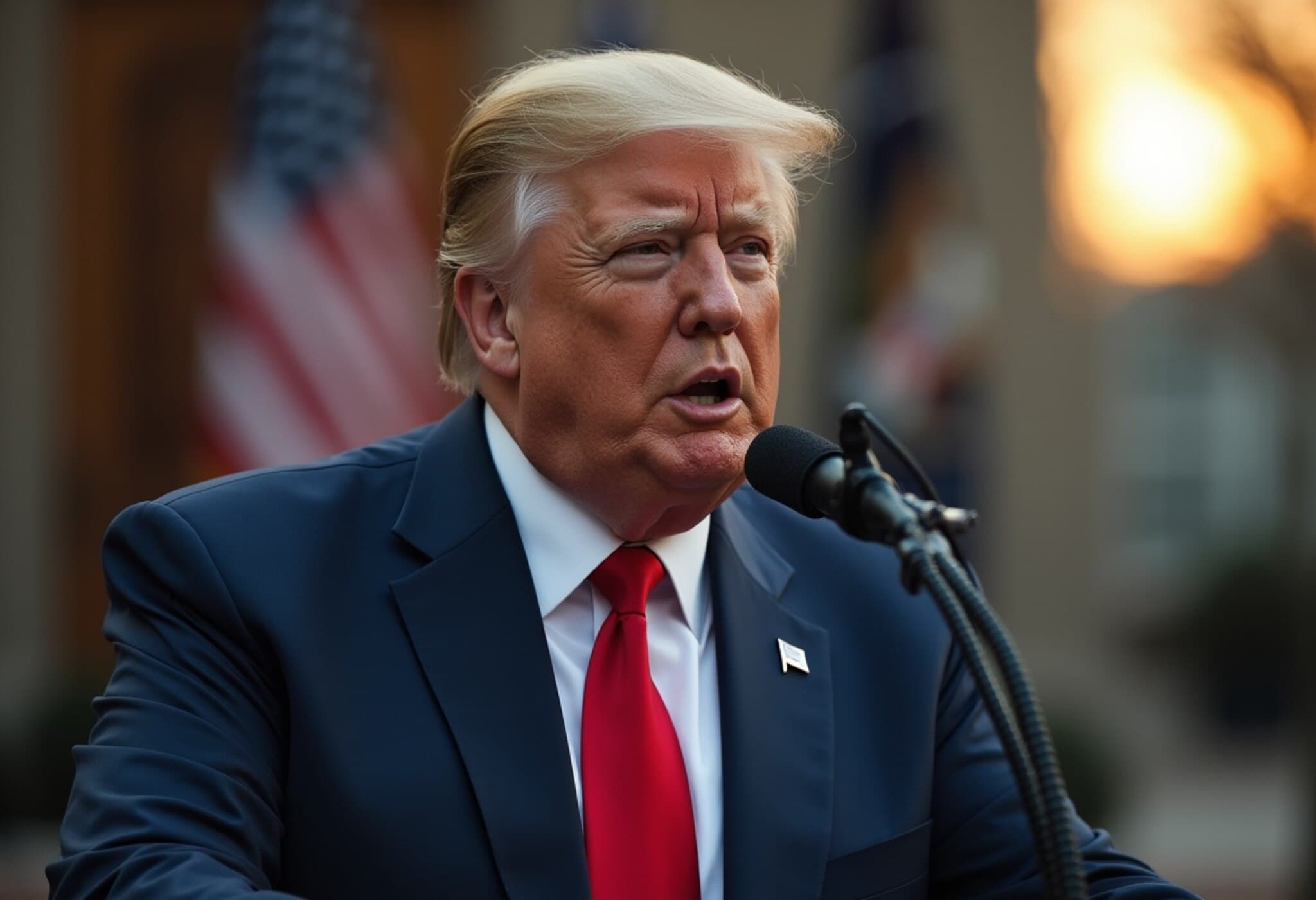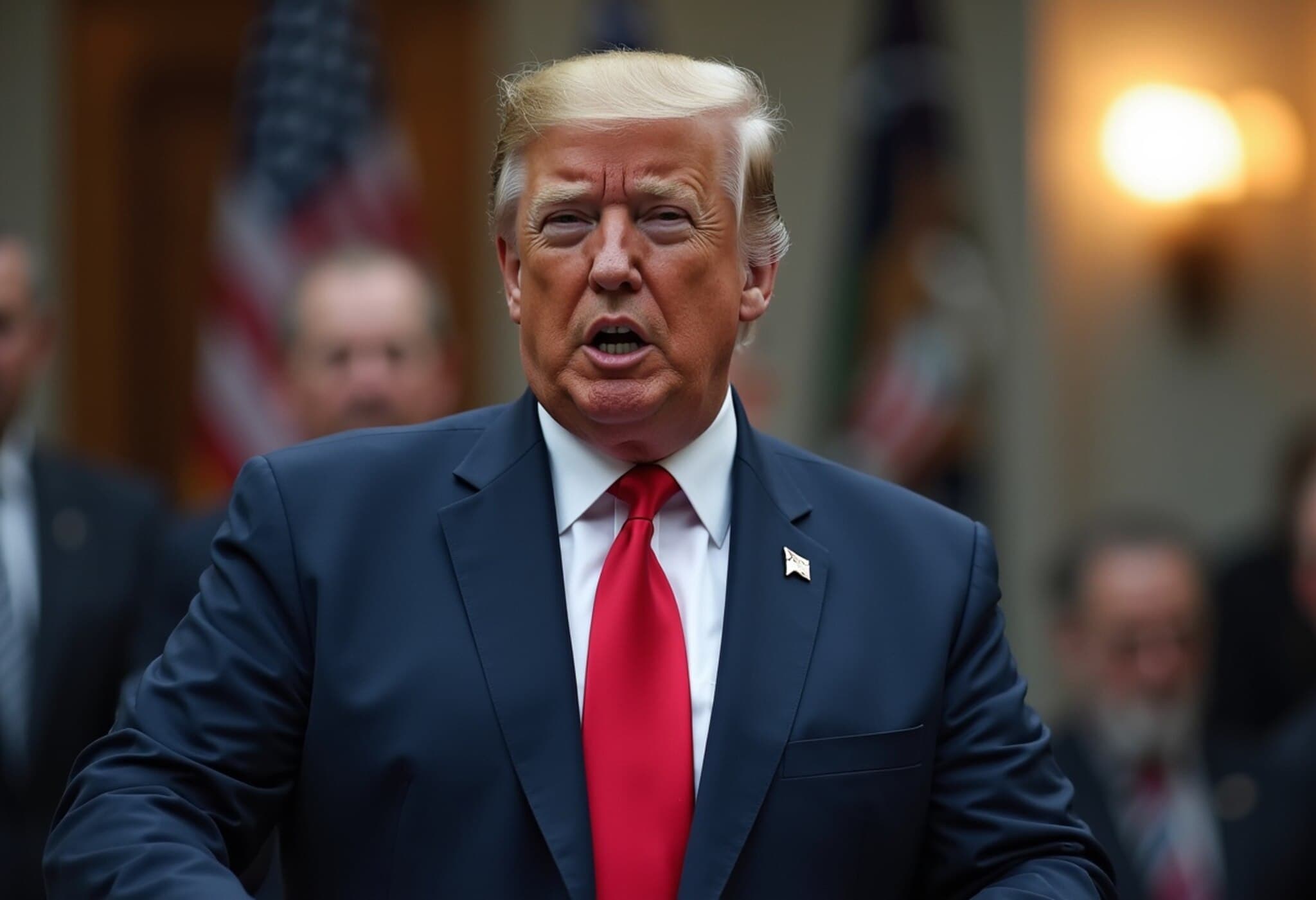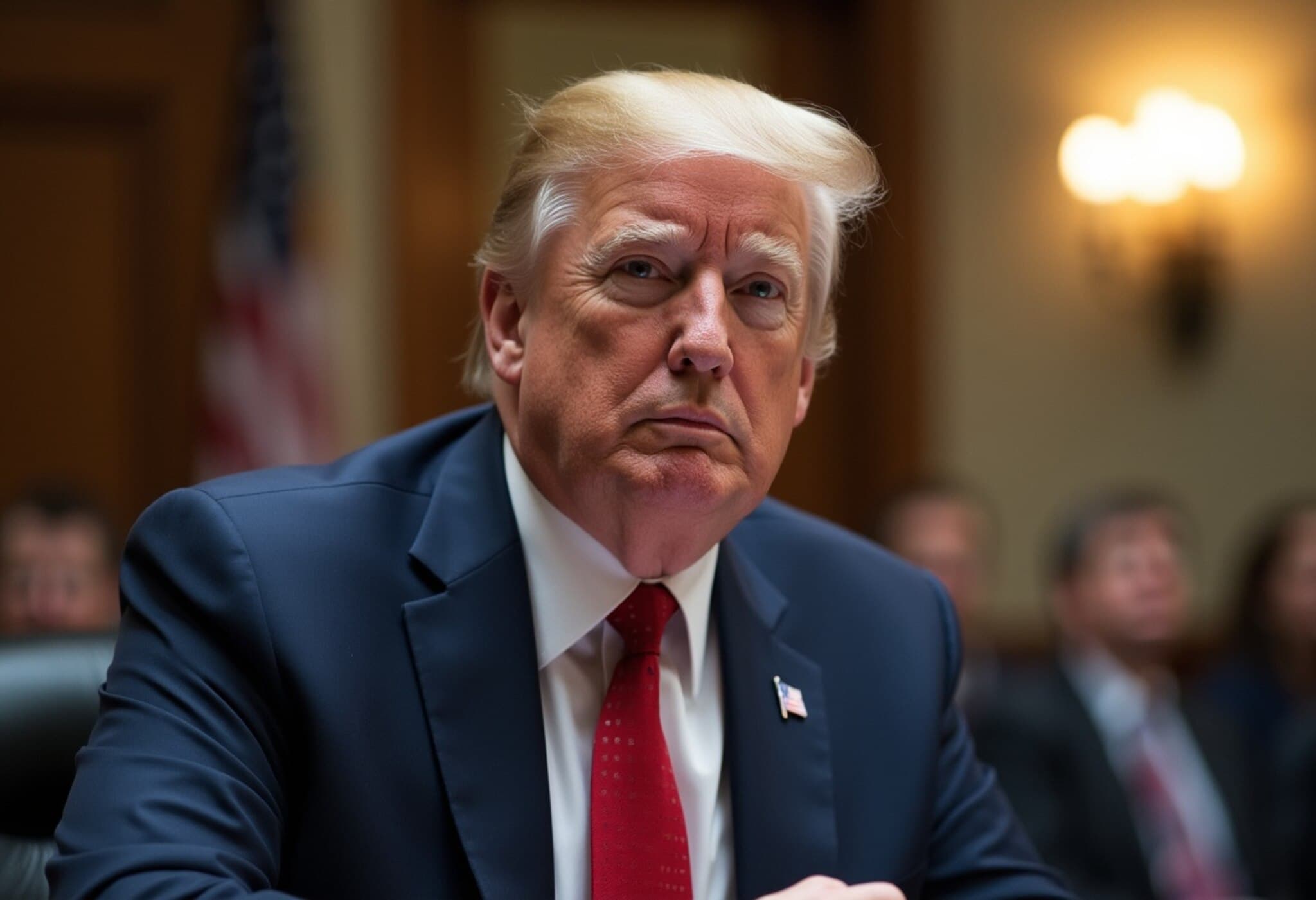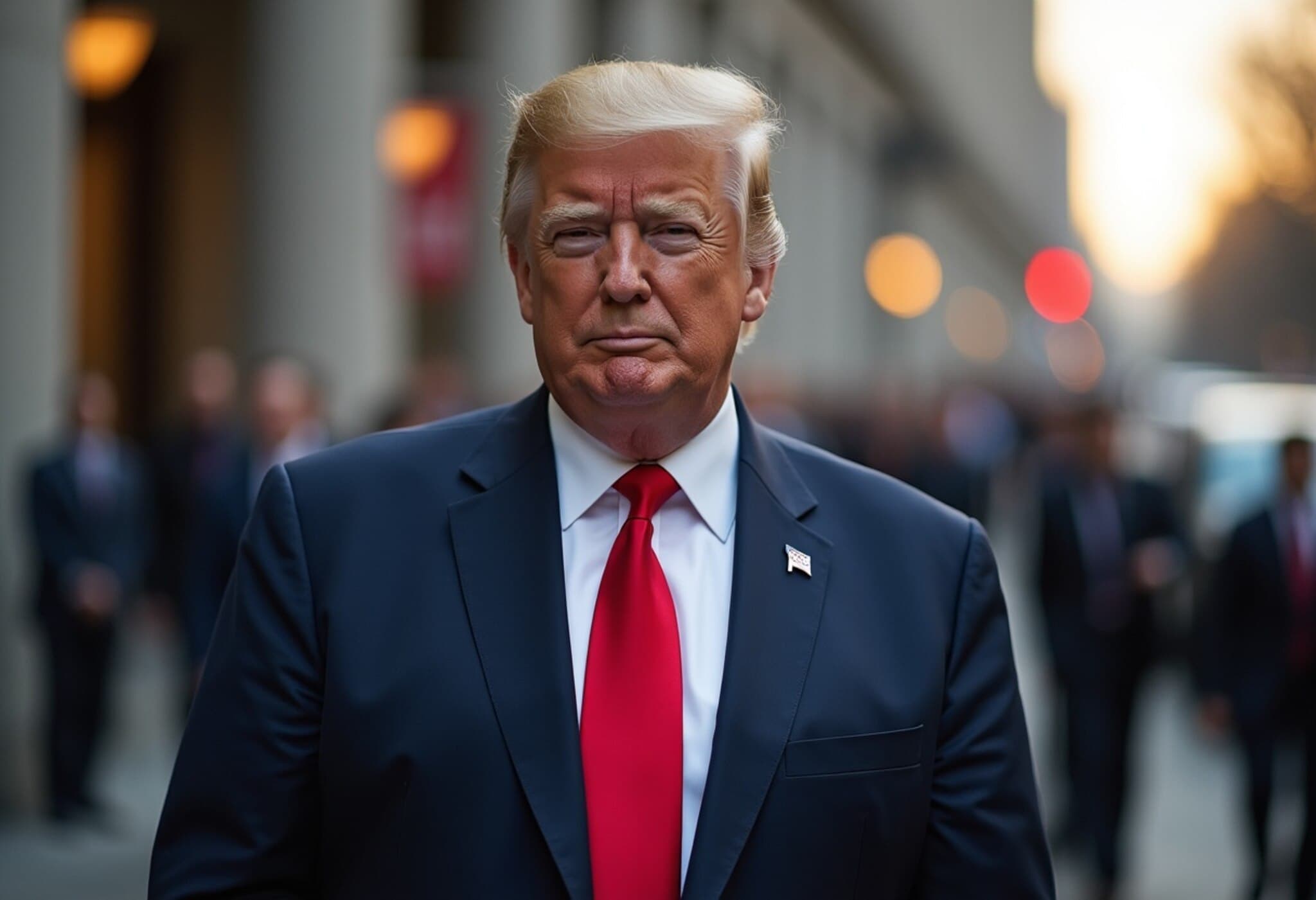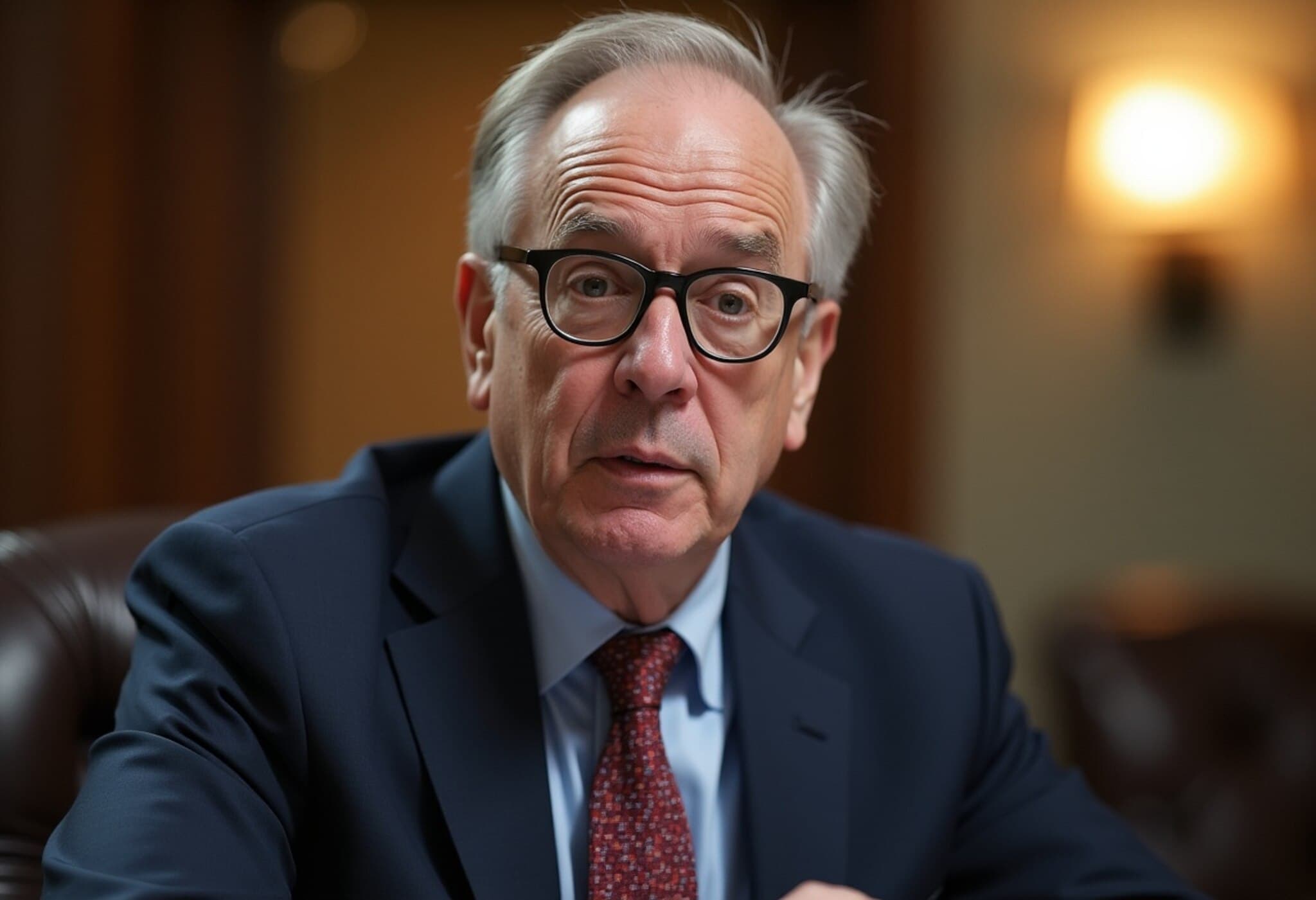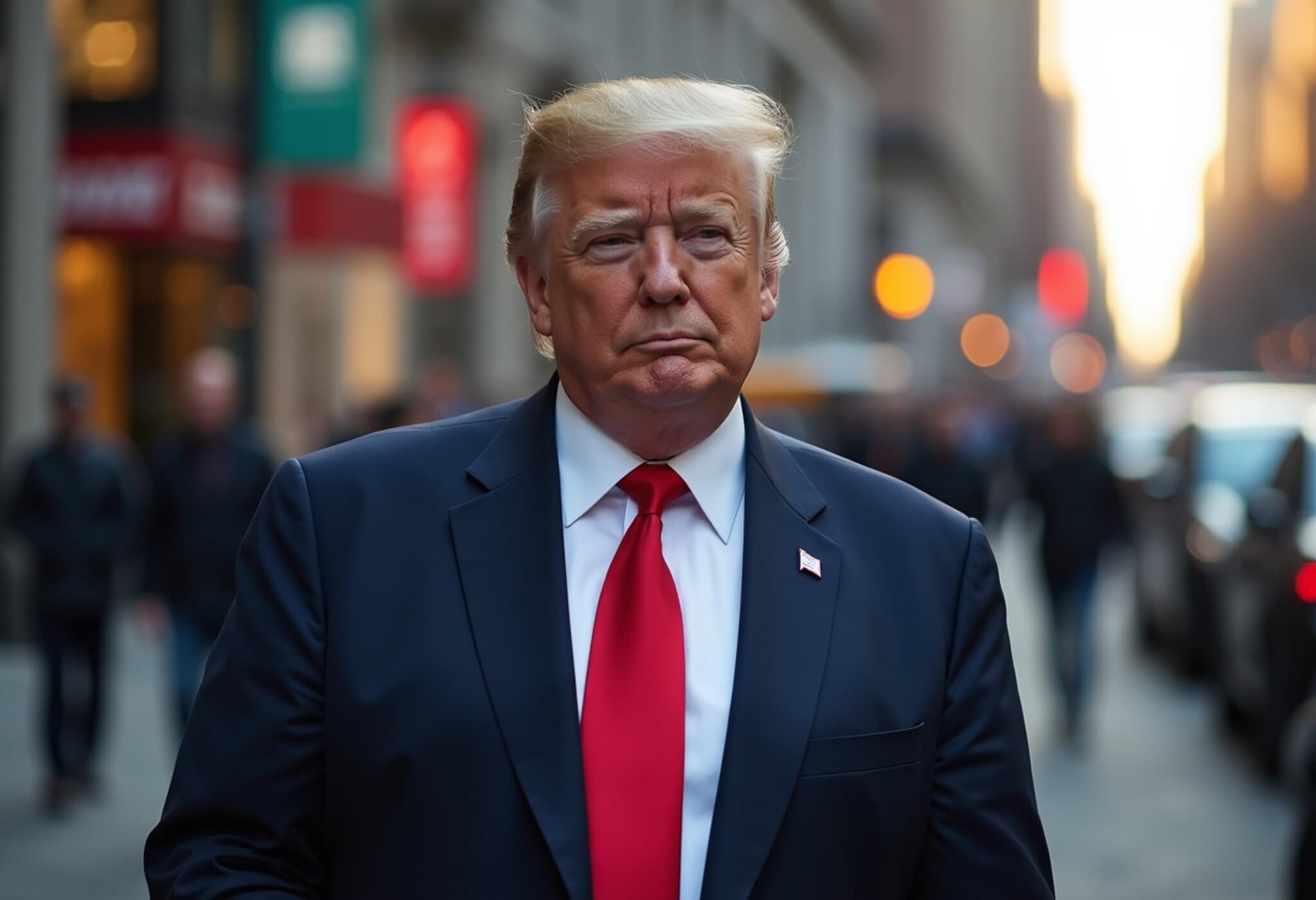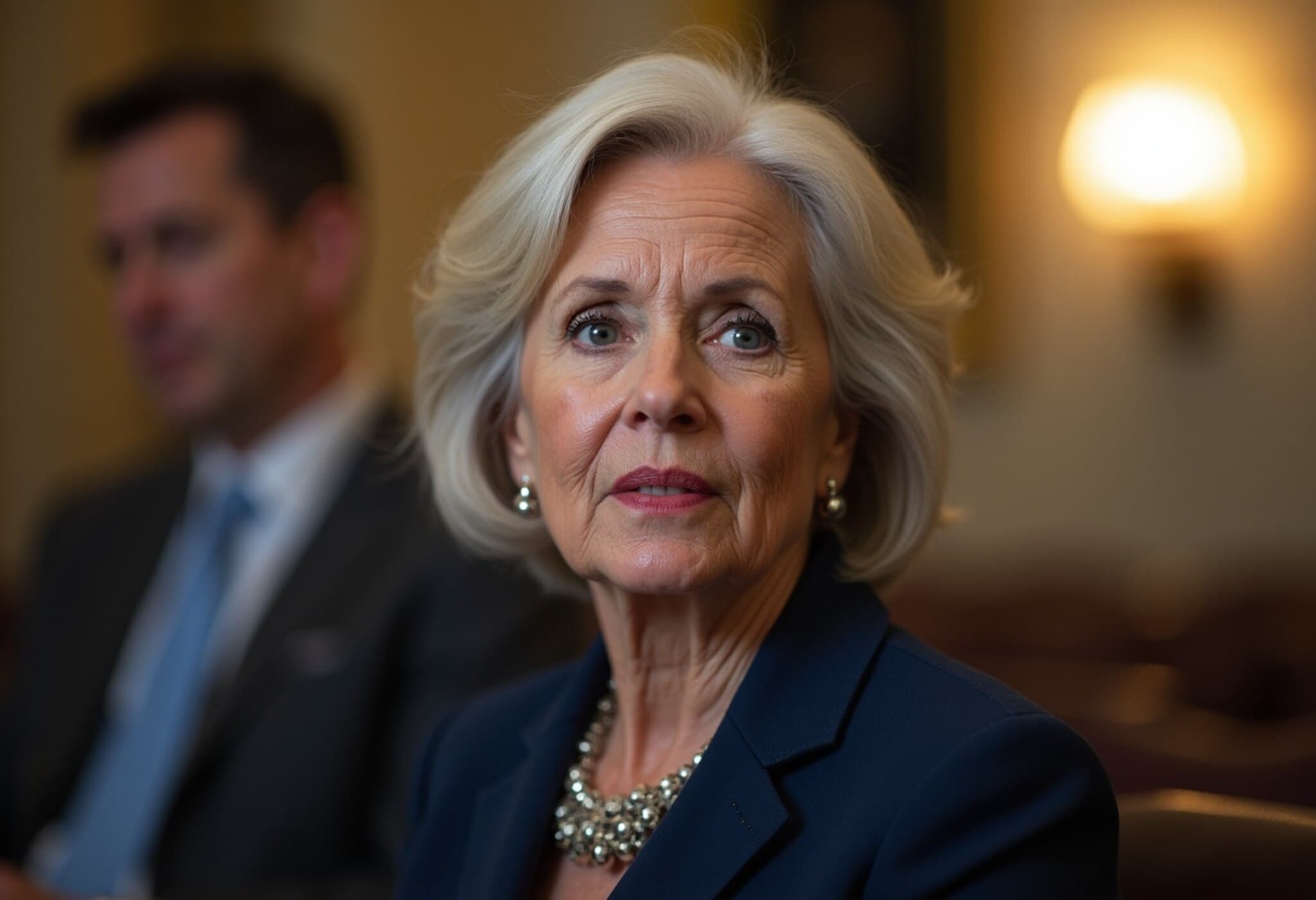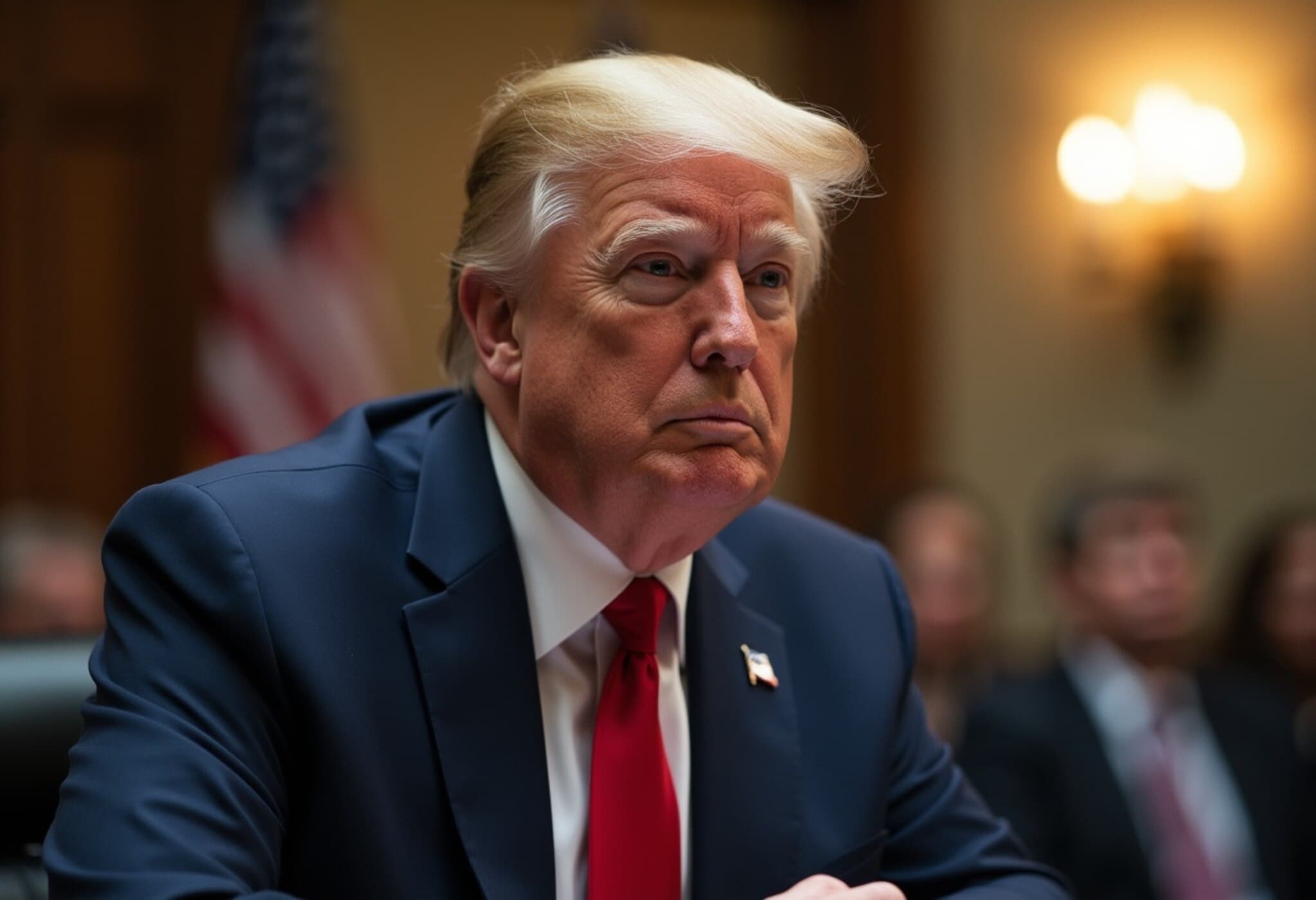Trump Removes Fed Governor Lisa Cook Amid Mortgage Fraud Allegations
In a startling development on August 26, 2025, US President Donald Trump abruptly removed Lisa Cook, a Federal Reserve Board governor, citing allegations of mortgage fraud. This unexpected decision has sparked robust debate over the independence of the Federal Reserve and highlights ongoing tensions within the current administration regarding monetary policy control.
Who is Lisa Cook? Breaking Historical Barriers
Lisa Cook is a distinguished economist, known for making history as the first Black woman appointed to the Federal Reserve Board. Nominated by President Joe Biden in 2022, Cook's term was set to span over a decade, until 2038. Her credentials boast teaching stints at prestigious institutions like Harvard and Stanford, as well as advisory roles including serving on former President Barack Obama’s Council of Economic Advisers. Her expertise had been widely respected across the economic and academic communities.
The Allegations and Political Undertones
The controversy began when Bill Pulte, the Federal Housing Finance Agency chief appointed by Trump, accused Cook of claiming two separate properties as her primary residence on mortgage applications submitted in 2021. Such an act, if proven true, could constitute mortgage fraud—a serious offense that challenges the credibility of an individual in charge of influencing interest rates. Pulte escalated the issue publicly on X (formerly Twitter), urging the Department of Justice to launch an investigation.
President Trump quickly amplified the accusations, demanding Cook’s immediate resignation through statements on his social media platform, Truth Social. This move is consistent with a pattern emerging within the Trump administration of deploying mortgage fraud claims against political adversaries, as seen previously with New York Attorney General Letitia James and California Senator Adam Schiff—both of whom firmly denied the allegations against them.
Implications for Federal Reserve Independence
This dismissal raises pressing questions about the United States’ central bank autonomy. The Federal Reserve is traditionally insulated from political interference to maintain economic stability and objective monetary policymaking. Trump’s move to remove Cook — a Biden appointee who supported sustained monetary policy — appears to be a strategic effort to install members more aligned with his call for lower interest rates amid ongoing economic pressures.
What This Means for Monetary Policy
- Increased Political Influence: By replacing Cook, Trump potentially gains leverage to steer the Fed’s policy decisions toward his economic agenda.
- Market Uncertainty: Market participants may react cautiously to perceived politicization, which could destabilize investor confidence.
- Future Fed Appointments Under Scrutiny: This episode spotlights how future Federal Reserve nominations may become battlegrounds for political control.
Expert Commentary
Dr. Angela Martinez, a financial policy analyst at Georgetown University, notes, "Historically, central bank independence has been critical in managing inflation and stabilizing the economy. Moves like this risk undermining that stability, particularly in times of economic recovery. The allegations may have merit, but the timing and rapid escalation suggest political motivations intertwined with governance concerns."
Meanwhile, legal experts emphasize the presumption of innocence pending thorough investigation: "Allegations alone should not dictate removal without due process, especially considering the Fed governor's significant role and long-term tenure," says James O’Connell, a professor of constitutional law.
Broader Context: Politicization of Economic Institutions
Trump’s decision aligns with a broader trend observed in recent years, where politically motivated claims are leveraged to influence independent institutions. This pattern risks eroding public trust and complicates the delicate balance between governance and regulation.
Additionally, Cook’s dismissal touches on underreported themes of racial and gender representation in high-level economic policymaking. As the first Black woman on the Fed board, her removal has sparked discussions in some circles about the intersection of race, politics, and power in America’s economic institutions.
Looking Ahead
With Cook's departure, the White House is expected to announce a nominee aligned with Trump's economic philosophies. The move may intensify partisan debates over the Fed's future direction just as the US economy navigates inflationary pressures and potential recession risks.
Editor’s Note
This episode invites us to reflect on the vital importance of safeguarding the Federal Reserve's independence amid political storm clouds. While accountability remains essential, it must be balanced with due process and respect for institutional integrity. Moreover, the fallout raises critical questions: How should allegations against public officials be handled in politically charged environments? What measures can protect economic institutions from becoming pawns in partisan battles? And, importantly, how can America ensure diverse voices in leadership continue to be heard and respected? As this story unfolds, it remains a pivotal case study in the ongoing tug-of-war between politics and economic stewardship.


